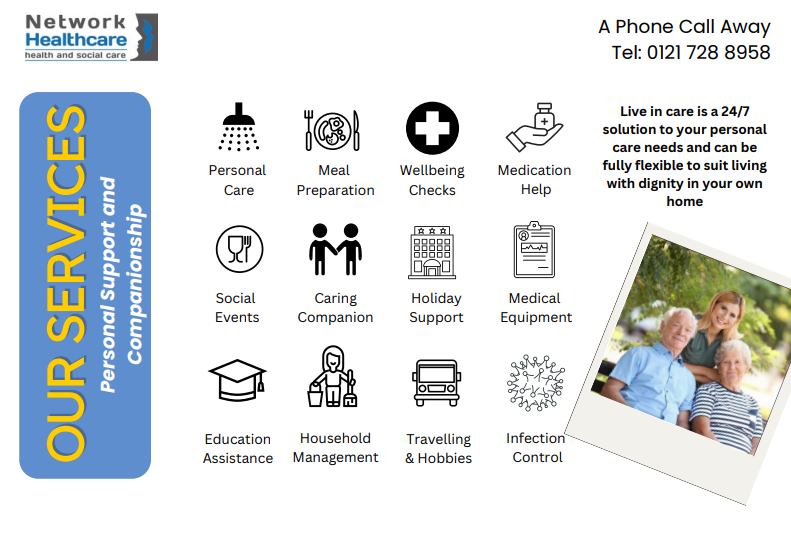
Latest Live in Care News
Understanding the Challenges and Future of Adult Social Care Ahead of the Autumn Statement
Posted around 7 months ago •
Or copy link
As we approach the autumn statement, the growing conversation about the future of adult social care becomes increasingly pressing. With over 418,000 people currently awaiting assessment or support, addressing the challenges of this sector is crucial. In this blog post, we delve into the current state of adult social care in the UK and discuss potential actions the government could take to ensure a sustainable future.

The Current State of Adult Social Care
Adult social care in the UK plays a vital role in supporting individuals with mental health issues, physical disabilities, learning disabilities, and older adults in need of assistance. It enables people to work, socialize, and actively contribute to their communities, ultimately enhancing their quality of life. However, the sector faces significant pressures.
For the financial years 2023 and 2024, councils predict a £586 million overspend in adult social care. This financial strain is a stark reflection of growing demands and insufficient funding, as illustrated by a local authority in Wiltshire predicting an £8 million overspend. These challenges result in nearly half a million individuals waiting for critical care services and councils increasingly relying on unsustainable reserves.
Key Issues and Recommendations
The Association of Directors of Adult Social Services (ADASS) recently highlighted several key issues and recommendations that the government should prioritize. These include:
-
Funding Certainty and Financial Support: ADASS emphasizes the need for early confirmation of adult social care grant funding, providing stability for councils and care providers. As it stands, the private sector delivers most care services, and these providers struggle financially due to inadequate funding levels.
-
Fair Pay for Care Workers: The care sector faces a severe staffing crisis, with 152,000 vacancies in health and social care, compounded by high turnover rates. Implementing fair pay agreements and improving working conditions are essential to retaining staff.
-
Recruitment and Retention: Addressing the recruitment and retention of care workers requires better financial support, training, and career development opportunities. Additionally, the government should recognize and support unpaid carers, who play a critical role in the sector.
-
Eligibility Criteria and Preventative Care: The current capital thresholds for care support need adjusting to match inflation, expanding access to essential services. Moreover, a focus on preventative care, including community-based education and support, can alleviate pressure on hospitals and reduce long-term costs.
Conclusion: Investing in Our Society's Future
As we anticipate the autumn statement, it is evident that investing in adult social care is not merely a financial cost but an investment in our society's future. While the government does face tough decisions, adopting practical steps and bold actions can help reform the current system. Prioritizing social care ensures that vulnerable individuals receive the support they need and deserve while valuing the workforce for their essential contributions.
We hope this conversation has provided insights into the current challenges and potential solutions for adult social care. If you found this discussion interesting, please subscribe, like, and share to support the growth of our community. Until next time, take care and have a great day.
You can listen to the episode on the Chasing Care podcast via your favourite podcast platform including Spotify and YouTube

